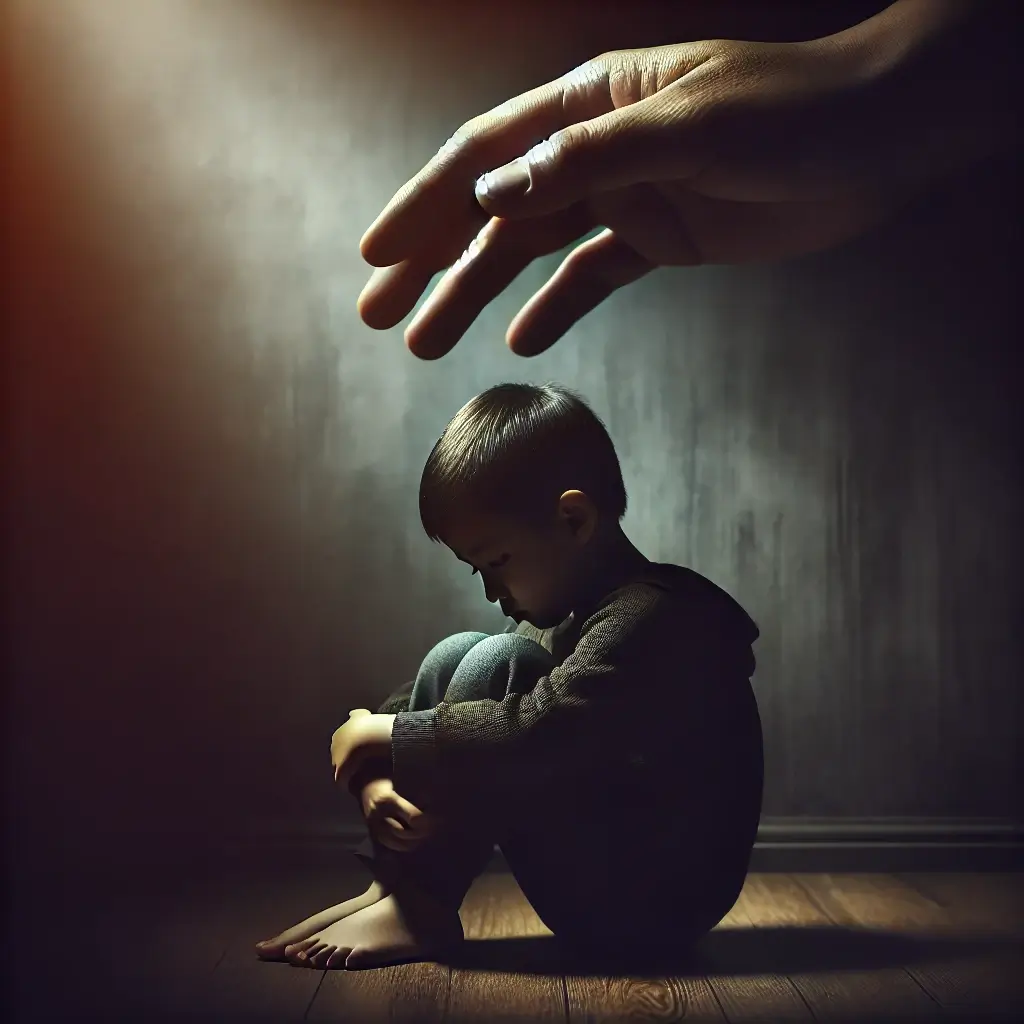Understanding Childhood Intra-Familial Maltreatment
Within the context of the family unit, any act of violence, neglect, or exploitation that causes harm to a child’s physical, emotional, or sexual health or development is considered to be an instance of childhood intra-familial maltreatment. This type of maltreatment is also known as child abuse and neglect.
The Serious Impact of Child Abuse
It’s a serious problem that can have long-term, detrimental effects on the people affected by it. Listed below is a breakdown of the various types of maltreatment that occur within the family hierarchy:
Physical Abuse: Inflicting Intentional Harm
Engages in the intentional infliction of injury on a kid, including but not limited to beating, kicking, burning, or biting. The act of smothering, shaking, tossing, or poisoning a kid is another kind of child abuse.
Emotional Mistreatment: Attacks on Self-Esteem
A child’s self-esteem and mental well-being can be negatively impacted by verbal or emotional assaults during this type of abuse. Belittling, calling a youngster vulgar names, insulting, threatening, or isolating a child are all examples of such behaviors. Emotional abuse can also include being a witness to or experiencing domestic violence between their parents.
Sexual Abuse: Inappropriate Contact with Minors
It entails engaging in any kind of sexual activity or contact with a minor. Involving a child in pornography, touching a child’s genitals, or forcing a youngster to touch the genitals of another person are all examples of conduct that fall under this category.
Neglect: Failing to Provide Basic Needs
Failure to provide a child’s fundamental requirements may include food, shelter, clothes, medical treatment, or supervision. Psychological neglect, which refers to the absence of care, attention, or support that a kid requires to flourish, is another form of neglect.
Recognizing Signs of Child Abuse and Neglect
Childhood maltreatment can manifest itself in a variety of ways, depending on the nature of the abuse, the age of the kid, and the characteristics of the child’s personality. Nevertheless, the following are some common signs:
The Long-Lasting Effects of Childhood Abuse
The physical, emotional, and mental health of a kid can be profoundly affected by the mistreatment that they experience during childhood. They may be at a greater risk of becoming:
Developmental Delays: A Significant Obstacle
Children who are subjected to maltreatment, such as abuse or neglect, may suffer major obstacles in their cognitive, social, and emotional development. These developmental delays can be caused by maltreatment.
The Impact on Education and Future Potential
Because of this, they face challenges in learning, solving problems, and general academic performance, which ultimately hinders their capacity to realize their full potential. In many cases, children who have been subjected to maltreatment have difficulties with attention, memory, and language abilities, which can hinder their academic progress and overall educational accomplishment.
Breaking the Cycle of Adversity
We can encourage these children to break the cycle of adversity and ultimately realize their aspirations despite the hardships they have endured by providing them with a compassionate and supportive atmosphere, focused educational aid, and access to mental health services.
Seeking Help: Reporting Child Abuse
Suppose you have any reason to believe that a kid is being mistreated or neglected. In that case, it is imperative that you immediately report this to the appropriate authorities. Contact the child protective services organization in your area or call the National Child Abuse Hotline at 1-800-422-4453 to report any instances of child abuse.
Additional Resources for Support
Keep in mind that although child abuse is a serious problem, there is assistance available for those who need it. If you or someone you know requires assistance, please do not hesitate to contact a reliable adult or a professional organization. You are not the only one.

